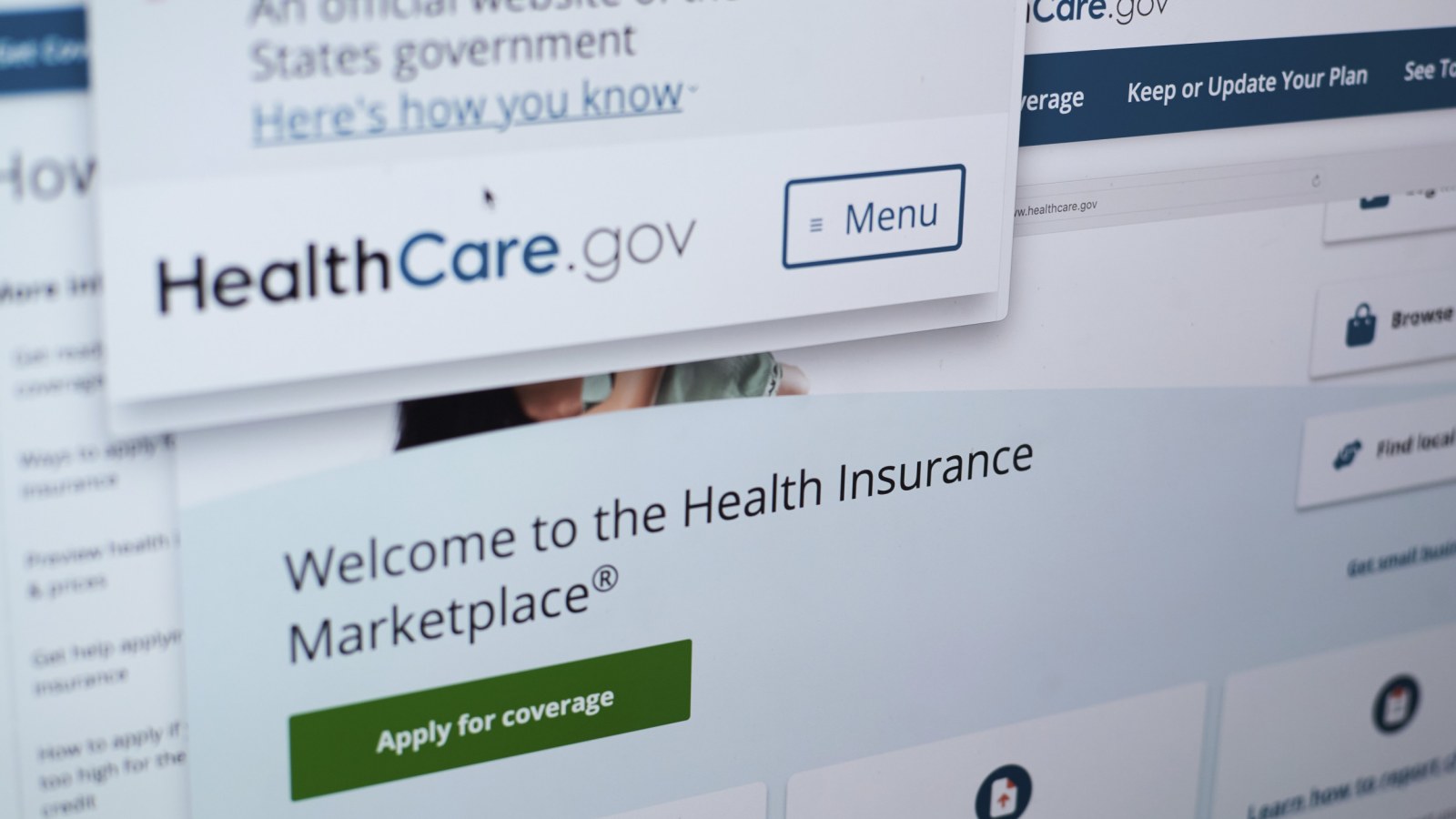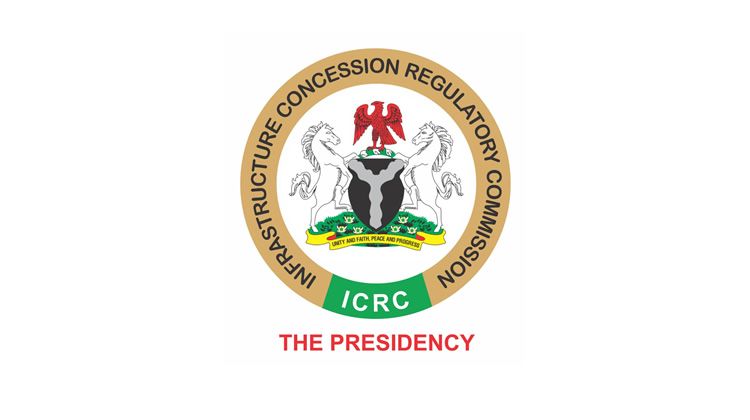By Hugh Cameron
Copyright newsweek

RESERVED 5am – FridayAmericans’ health insurance premiums are on track to surge next year, due to the imminent expiration of enhanced Affordable Care Act (ACA) tax credits introduced in response to the COVID-19 pandemic.According to a recent analysis by the Peterson Center on Healthcare and KFF, two health care-focused non nonprofits, out-of-pocket premium payments for ACA Marketplace enrollees are projected to increase by over 75 percent on average. Other state-level analyses have projected even greater increases.”The [advance premium tax credit] cuts are certainly the biggest threat to health care costs and health coverage eligibility at the moment,” said Timothy Jost, Professor Emeritus at the Washington and Lee University School of Law.Why It MattersThe enhanced subsidies have increased the affordability of coverage for millions. Experts tell Newsweek that that their expiry could lead to major financial strain for households already grappling with tight budgets, with some potentially dropping coverage altogether. As healthier enrollees leave the market, they warn that this could result in further premium hikes.What To KnowThe enhanced premium tax credits were an element of the American Rescue Plan Act, signed into law by President Joe Biden in early 2021. Among other things, these increased the amount of financial assistance available to those purchasing insurance through ACA Marketplaces, reducing the percentage of income individuals had to pay for premiums.Originally intended as a temporary measure, these were extended through 2025 by the Inflation Reduction Act of 2022, and have been credited with ACA Marketplace enrolment more than doubling to 24.3 million from 11.4 million between 2020 and 2025.However, the subsidies are scheduled to lapse at the end of this year, though concerns over the impact of this have put pressure on Republicans as Congress attempts to negotiate a comprehensive spending plan for the 2026 fiscal year.In addition to forecasts of a nationwide 75-percent increase in premium prices, some states are projecting even steeper hikes.According to HealthSource RI, Rhode Island’s official health insurance marketplace, 88 percent of enrolled households in the state will see an increase in their premium payments as a result of the tax credits expiring.”Lower income households will experience the largest percentage impact when 2025 premiums increase an estimated 85 percent overall heading into 2026,” it wrote in a report.Michael Humphreys, Pennsylvania’s insurance commissioner, told WPSU last week that he anticipates rate increases of “82 percent or more” for those enrolled in the state’s health coverage marketplace Pennie.Jonathan Gruber, a former consultant to the Obama administration, considered one of the “architects” of the ACA, told Newsweek that the impending change will raise costs “for two reasons.””First, most directly, most enrollees will pay more for their insurance,” he said. “Second, because enrollees are paying more, many will drop coverage—particularly the most healthy—raising premiums further for everyone else.””This will create very large prices shocks for millions of Americans,” he added.Health economist Benjamin Sommers told Newsweek that the end of the “generous” subsidies could mean an average increase of between 75 and 80 percent. Sommers, a professor of Health Policy and Economics at the Harvard T.H. Chan School of Public Health, pointed to a recent study he co-authored which found that 3.7 million people could lose coverage and become uninsured due to the loss of the premium tax credits.Sommers added that, “any time there is uncertainty in an insurance market, most insurers hedge their bets and raise premiums to provide more buffer against that uncertainty.” He pointed to several contemporary sources, including questions over whether Congress will extend the tax credits, as well as “broader economic uncertainty.”What People Are SayingMark V. Pauly, Professor Emeritus of Health Care Management at the Wharton School of the University of Pennsylvania, told Newsweek: “The current credits reduce insurance premiums to a given percentage of income, set lower than the original Obamacare threshold. Removal of the expanded credits will cause some people to choose not to pay the higher premiums. For the others who continue to take coverage, there will be no change in out-of-pocket payments.”Health economist Benjamin Sommers told Newsweek: “There was a spike in Marketplace insurance premiums in 2018 during the first Trump administration that had some similarities. That increase was due to the administration’s efforts to block cost-sharing reductions in the Affordable Care Act. The resulting uncertainty and unreimbursed costs led insurers to raise prices dramatically, roughly 20 percent on average.”But the big difference between 2018 and 2025 is that in 2018 the premium tax credits remained unchanged, so they insulated the majority of consumers against the premium increases,” he added. “In 2025, if Congress lets the enhanced premium tax credits expire, everyone will see big increases in their premiums.”What Happens Next?The fate of the premium tax credits hinges on the ongoing negotiations in Congress over a spending bill for the upcoming fiscal year. Lawmakers have until October 1 to either pass a full bill or approve a continuing resolution that would avert a government shutdown.Senate Democrats have folded a permanent extension of the subsidies into their own budget proposal, though this has already been rejected by Republicans.



